Profit, people, planet: the Triple P model of effectiveness
Simon Gregory + Will Lion
25/10/2022
Traditional measures of success aren't cutting it anymore, says BBH London Joint CSOs Simon Gregory and Will Lion. Here's how we can do better as an industry.
This is a very simple post.
What if we widened the way we measure the effects of our marketing?
What if instead of just measuring profits, we also measured the effect on people and planet?
For cars, it could be profits and CO₂ saved. For FMCG, it could be sales and single-used plastic reduced. For banks, it could be products shifted and financial literacy built. For fashion and beauty, it could be clothes and self-esteem. For retailers, it could be groups who haven’t seen themselves or their culture feeling seen in our work.
Profit, people, planet: the Triple P model of effectiveness.
Simple. Memorable. And an absolute nightmare to try and make happen.
But we should try anyway.
The limitations of current communications effectiveness
Right now, marketing effectiveness is (for the most part, for commercially-driven brands and their agencies) ultimately about measuring profit. Of course, we measure all sorts of things: attention, engagement, consideration, purchase intent. But all these are intermediate steps towards eventually getting some return for your investment.
Charities and government briefs do have different behavioural goals, like reducing smoking or traffic accidents. Effectiveness papers will occasionally hat-tip broader social effects – but they are cherries on the cake, not the cake. That is, they are welcome byproducts but they rarely direct new business and brand behaviours. The single bottom line - profit - is king.
The problem with this approach is that it misses the other effects of marketing, the ‘negative and positive externalities’ in economist speak. It ignores the broader societal and sustainability goals brands might be able to serve. And, more challengingly, it ignores the damage that might have been created by marketing activity, which of course no one wants to report on but if known internally could help transition us to better brands. Perhaps the most interesting shift to this more holistic type of measurement is not marketing to change consumer behaviour in the direction of the brand’s tills but to ultimately change business behaviour.
For example, The Campaign For Real Beauty launched because Dove noticed 68% of women thought the media set unrealistic and unachievable standards of beauty and 72% felt worse about themselves after reading a women’s magazine. That powered Dove to have a 267% increase in brand equity over the last 10 years, far beyond all their competition.
As the business thinker Peter Drucker once said, "What can be measured, can be managed." The inverse is also true: what we can't see, we can't change. Marketing today generally isn't reporting its broader effects. And that’s something we should look into.
Three Ps to the rescue
Back in 1994, John Elkington – the British management consultant and sustainability guru – coined the phrase "triple bottom line". It suggests that firms should commit to measuring their social and environmental impact rather than solely focusing on generating profit, or the standard “bottom line.” It can be broken down into “three Ps”: profit, people, and the planet.
Despite having been around a while, it's time we brought back into the light. We a climate crisis on our hands, and we are going through a changing consciousness about how different groups in society experience life as well as the impact that communications and brands might have on these groups and people as a whole. In simple terms, we need to save the planet. And most people would like a fairer society with equal opportunities and representation.
Marketing, as the face and catalyst of capitalism, has a responsibility here. Lots of us in the CSO mafia are thinking about it, especially Ben Essen from Iris with ecoffectiveness and Matt Holt from Digitas when he talks about total effectiveness. This post isn’t trying to claim any originality, only to signal boost these ideas and a mark that we as BBH are now incorporating it into our strategy Swiss army knives.
And then there’s the growing body of data showing that brands that care about these things actually do better than those that don't because customers respond to them positively (for example, here, here and here). Purposeful, inclusive, pro-planet work works, as Dove showed long before it was fashionable. It's not just nice, before you start throwing Woke-ahontus at us. It even makes the work fresher, as Lorraine Twohill talked about at Cannes for Google’s ads. And even if it didn’t contribute a penny more to the bottom line, if we can pull off marketing that does both, why wouldn’t we try?
So we propose the triple bottom line for effectiveness reporting because what can be measured, can be managed. And it's time we managed the effects of our work more.
The new BBH Zag Report
We wrap up many BBH projects with something called the ‘Zag Report’.
In addition to looking at the relationship between attitude, behaviour and commercial effects (ultimately profit) like we always have, we’ll now try to quantify the effects on people and planet where relevant. These new categories might cover:
Planet
CO₂ impact or reduction of impact
Biodiversity impact or reduction of impact
Plastic impact or reduction of impact
People
Negative or positive impacts on certain groups
Diversity, inclusion, equity and representation
Achieving broader goals with communities, society and perceptions
To show how we’re getting the ball rolling here are some examples. For our work with Wild Deodorant, we are calculating the plastic saved from bathrooms as well as the units shipped. For our Tesco Ramadan work we lifted sales by 6% as well as feelings of representation and inclusion amongst British Muslims. Again for Tesco, we raised quality perceptions and revenue by increasing sales in the more environmentally friendly Plant Chef Range. And launching today Burger King will no longer have plastic lids on drinks - an idea BBH sold to them, which they enthusiastically rolled out and will save 60 tonnes of plastic every year in the UK.
The road ahead
We don’t claim this will be easy. As all strategists know, pulling apart effects from causes is difficult. Adding new ones into the mix adds horrendous complexity. Sourcing and recording sensitive commercial information from clients is already enough to make strategists feel a bit queasy. Adding new, even more difficult ones into the mix adds all sorts of headaches. But as Roosevelt once said, “Do what you can, with what you've got, where you are.” This will be our goal. To begin, let’s just begin.
We will start it internally on all our projects at first and then aim to be as open about these stories as we can. We’ll likely be able to report publicly on the good stories easily, like how much single use plastic a client has reduced. But we will be forthright about sharing the less good stories internally and with clients to effect change. Hopefully this is pragmatic.
It will be imperfect and messy and we will surely get things wrong but progress that inches forward and back is better than none. We will lean on our brilliant partners, like the Unmistakables, to help learn as we go. We will train all our strategists how to report in this way and bring clients along the journey too. We’ll learn from any reaction to this to sharpen up how we do it.
Triple P - profit, people and planet - a new standard for effectiveness reporting.
Let’s give it a try.
***
BBH is Warc’s Most Effective Agency in UK and Europe 2022 was IPA Effectiveness Agency of the Year 2018-2022.

